PCOS: More Than Just a Hormone Imbalance
Written by Laura Wheeler
If you’ve been diagnosed with PCOS — or you suspect you may have it, you’re not alone. Polycystic Ovary Syndrome (PCOS) is one of the most common hormonal conditions, affecting up to 1 in 10 women.
While PCOS is often seen as simply a hormonal imbalance, it’s actually a whole-body condition involving multiple systems such as metabolism, blood sugar, gut, nervous system, and even your skin!
So what is PCOS?
PCOS is a complex hormonal condition diagnosed by at least two of the following characteristics:
Irregular or absent ovulation (often seen as missed or unpredictable periods)
Higher levels of androgens (our male sex hormones like testosterone), which may cause acne, excessive hair growth, or hair thinning.
Polycystic ovaries seen on ultrasound (many small follicles or "cysts" that haven’t fully developed).
Common Signs and Symptoms of PCOS:
Irregular, absent, or heavy periods
Difficulty falling pregnant or irregular ovulation
Acne (especially around the jawline/chin), oily skin
Hair thinning or hair loss on the scalp
Excessive hair growth on the face, chest, or abdomen
Weight gain or difficulty losing weight
Fatigue, mood changes, and poor stress tolerance
Insulin resistance or blood sugar imbalances
Underlying drivers of PCOS
1. Insulin Resistance
Many people with PCOS have some level of insulin resistance — where the body’s cells become less responsive to insulin, leading to higher blood sugar and insulin levels. This can stimulate the ovaries to produce more androgens, which disrupt ovulation and cause symptoms like acne, excessive hair growth, and irregular periods.
2. Chronic Inflammation
Low-grade inflammation is another key driver of PCOS. Poor gut health, exposure to environmental toxins, chronic stress, poor sleep, or an inflammatory diet can lead to poor hormone clearance and excess androgen production. Inflammation contributes to insulin resistance and may also directly affect hormone signalling.
3. Adrenal Dysfunction
In some cases, insulin resistance or cystic ovaries aren’t present in PCOS — but there are elevated levels of DHEA-S, an androgen produced by the adrenal glands. This type of PCOS is often driven by chronic stress and dysregulation of the nervous system.
4. Post-pill PCOS
For some, symptoms appear after stopping the oral contraceptive pill. The pill suppresses ovulation, and in some cases, the body takes time to rebalance hormones once it’s withdrawn. This can cause a temporary rise in androgens, leading to PCOS symptoms.
Naturopathic Treatment for PCOS
My goal is to help you identify the underlying factors contributing to your PCOS symptoms — whether that’s insulin resistance, chronic inflammation, stress, digestive imbalances, or a combination of these factors.
By understanding the root cause, we can develop a personalised treatment plan including diet and lifestyle recommendations, herbal and nutritional medicine to balance your hormones and maintain optimal reproductive health.
Book a free 15-minute discovery call to find out how naturopathy can support you on your PCOS journey.

